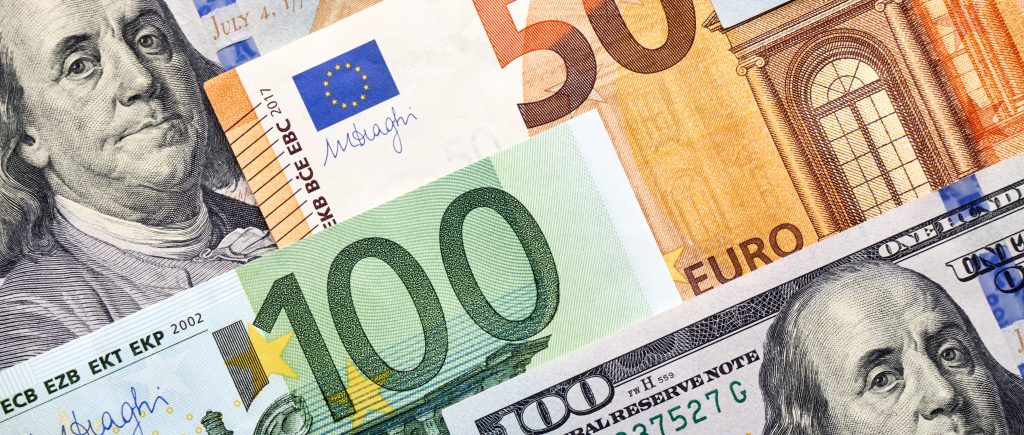The shared currency weakened against the US Dollar for the second day in a row, ending the week near its lowest point since early March.
The Euro fell as much as 1.3% during North American trading earlier on Friday. But it was able to regain some of its losses, closing at -0.45% and trading at $1.0806. This was the case even in the face of encouraging economic data from Germany that indicated improvements in investor, consumer, and company morale.
The primary cause of the Euro’s decline was the US Dollar’s overall strength. The positive news out of Germany appeared to be dismissed by investors, who were generally in favour of the Dollar. This might be the result of persistent worries over mediocre economic statistics from the Eurozone at large.
Investors looking for rate reduction were disappointed by Federal Reserve Chair Jerome Powell’s address on Friday, which provided little indication of future interest rate decisions.
The US GDP numbers on Thursday and the PCE inflation report on Friday are the two major data releases of the next week. Investors holding onto hope for an early rate decrease by the Fed will be watching for indications of a slowdown in US economic growth. An important inflation indicator used by the Fed, the Core PCE Price Index, is predicted to decline little from 0.4% to 0.3%.
The weekly high for the Euro was $1.09426 on Thursday, but by Friday’s close of business, it had dropped below $1.08. With this drop, the Euro is at its lowest level in more than a week.
Technical data indicates that the Euro might keep declining. The Euro is once again trading below its 200-day moving average, which might lead to a decline towards the previous swing low of $1.0750, according to daily price charts.

 Noor Trends News, Technical Analysis, Educational Tools and Recommendations
Noor Trends News, Technical Analysis, Educational Tools and Recommendations




